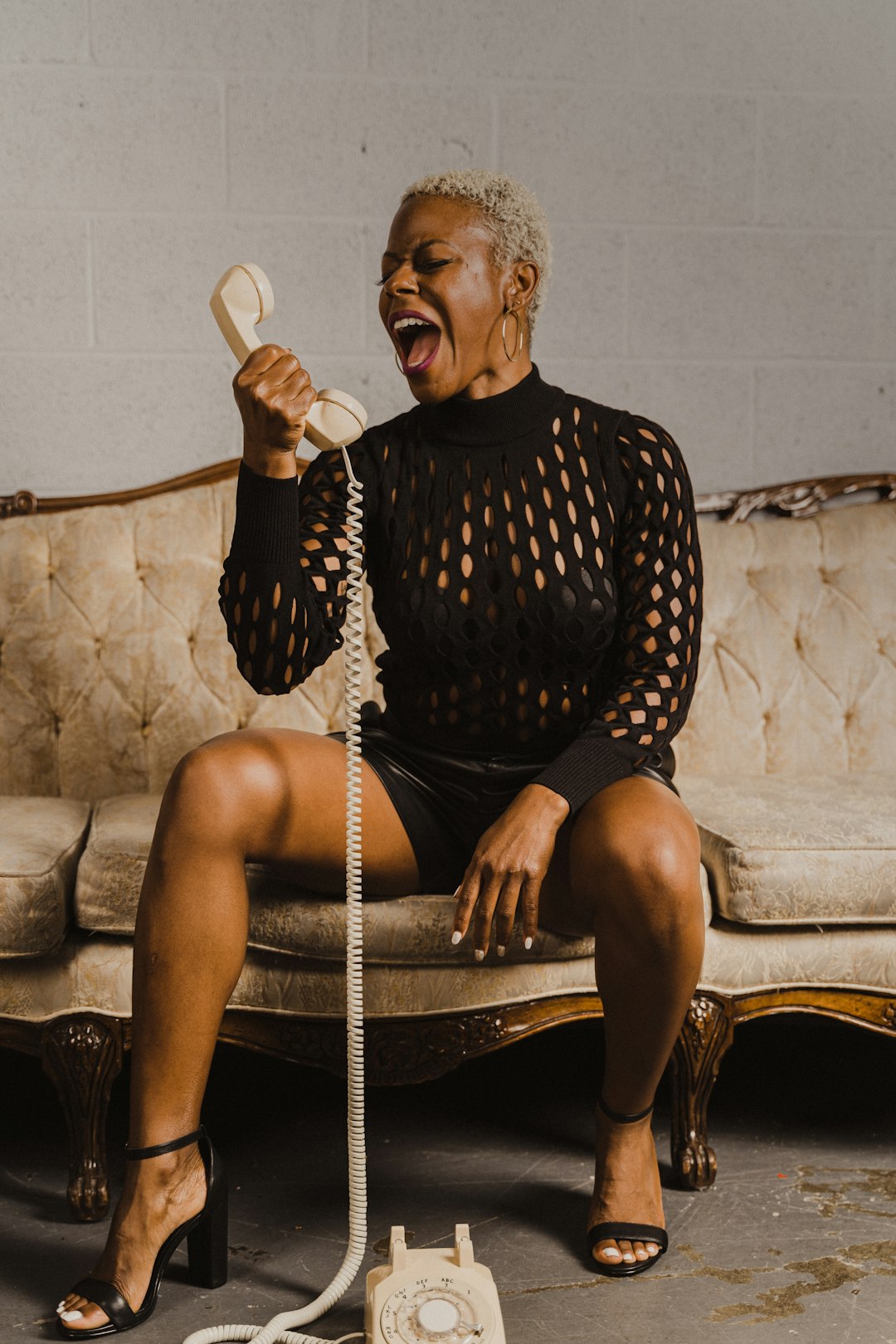In Washington D.C., consumers facing aggressive debt collection have federal protections under laws like the FDCPA. To assert these rights, individuals should consult a debt collector lawyer DC, who can guide them in disputing debts, stopping harassing calls, and understanding legal options to protect against unfair practices. Reporting abusive debt collection involves gathering evidence, filing a complaint with regulatory bodies like the CFPB or D.C. Attorney General's Office (using their online forms), and seeking guidance from a debt collector lawyer DC for potential legal action. The lawyer will review the case, submit an official complaint, update on progress, and protect rights throughout the process, aiming for justice and compensation against unethical collectors.
In Washington D.C., understanding your rights as a consumer against abusive debt collection practices is paramount. Many residents find themselves harassed or misled by debt collectors, leading to significant stress and financial strain. This article guides you through navigating these challenging situations. We explore the legal protections available, detail the reporting process for abusive debt collection, and offer insights into what to expect after filing a complaint with the assistance of a dedicated debt collector lawyer in DC.
Understanding Your Rights as a Consumer in DC

In Washington, D.C., consumers have specific rights when it comes to dealing with debt collectors. Understanding these rights is crucial in navigating interactions with debt collection agencies. According to federal laws like the Fair Debt Collection Practices Act (FDCPA), debt collectors must adhere to ethical and transparent practices when contacting individuals about outstanding debts. This includes providing validation of the debt and refraining from using abusive, harassing, or deceptive tactics.
If you’re facing aggressive behavior from a debt collector in DC, it’s advisable to consult with a debt collector lawyer DC to understand your legal options. They can guide you on how to assert your rights, such as requesting verification of the debt, disputing inaccurate information, and stopping harassing calls. Knowing your consumer rights is empowering and can help protect you from unfair debt collection practices.
The Process of Reporting Abusive Debt Collection Practices

Reporting abusive debt collection practices in Washington, D.C., is a crucial step to protect your rights and put an end to harassment. If you believe you’ve been subjected to unfair or illegal tactics by a debt collector, the first course of action is to gather evidence. Keep a record of all communications, including calls, emails, letters, and any threatening messages. Note down dates, times, and the content discussed during each interaction. This documentation will be vital when filing your report.
Once you’re prepared, you can file a complaint with the Consumer Financial Protection Bureau (CFPB) or the District of Columbia Office of the Attorney General. The CFPB offers an online complaint form accessible on their website, making the process straightforward. Alternatively, contacting a debt collector lawyer in DC for guidance is advisable. Legal professionals specializing in this area can assist you in navigating the reporting process, ensuring your rights are protected, and potentially pursuing legal action against abusive debt collectors.
What to Expect After Filing a Complaint with the Help of a Debt Collector Lawyer in DC

After filing a complaint with the help of a debt collector lawyer in DC, you can expect several key steps and outcomes. Your lawyer will first review your case to ensure all necessary information is gathered. They will then draft and submit an official complaint to the appropriate regulatory bodies, such as the Consumer Financial Protection Bureau (CFPB) or the District of Columbia Attorney General’s Office. This process begins the investigation into the abusive debt collection practices.
Within a reasonable timeframe, you should receive updates from your lawyer regarding the progress of your case. They will communicate any responses from the regulatory agencies and keep you informed about potential legal actions that may be taken against the abusive debt collector. Your lawyer’s expertise ensures that your rights are protected throughout this process, aiming to secure justice and compensation for any harm caused by the unethical debt collection practices.






